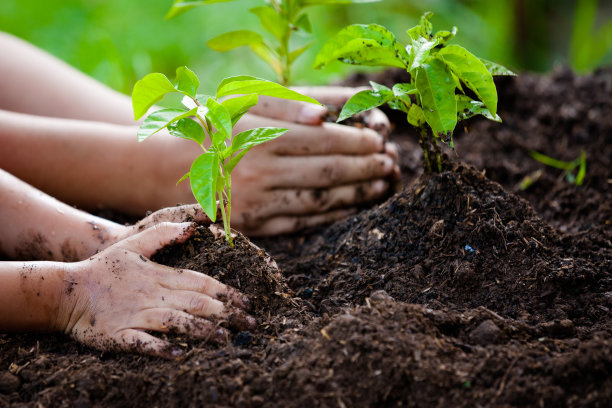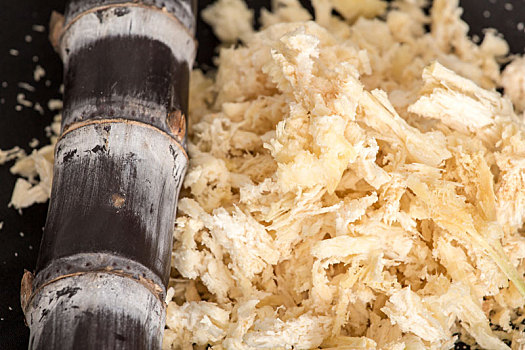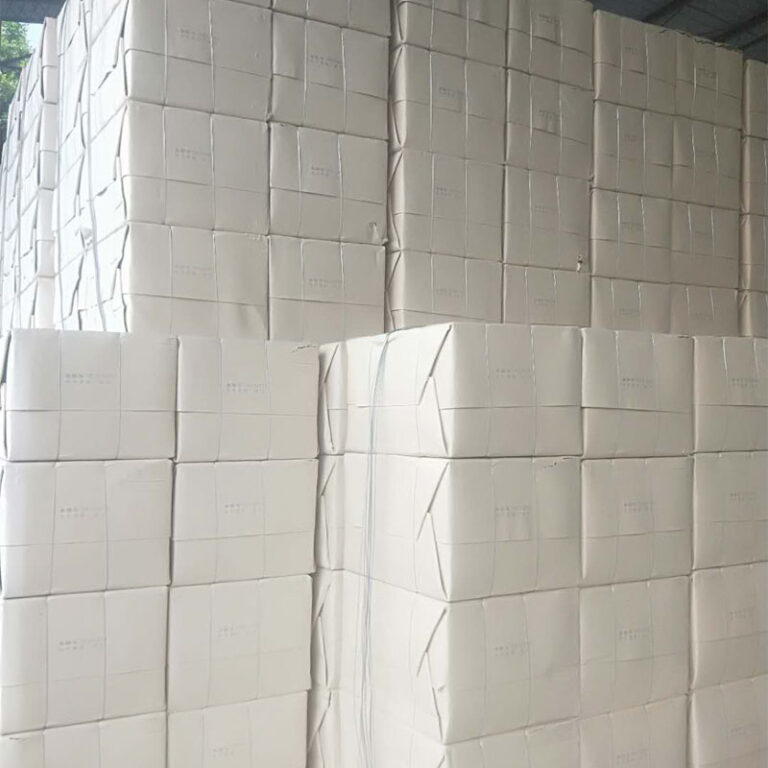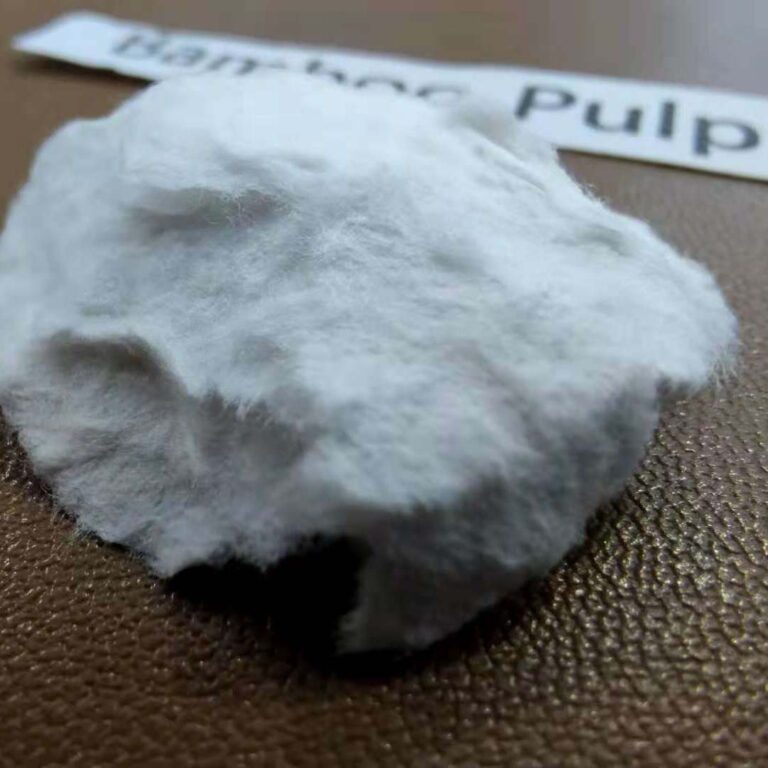Is bagasse recyclable?
Is bagasse recyclable?
Bagasse is recyclable because it comes from a natural material source. It’s the fibrous part left after extracting juice from sugarcane. This natural fiber can be processed and reused, unlike some synthetic materials that are hard to handle or recycle.
It is a natural plant fiber made up mainly of cellulose, hemicellulose, and lignin. These organic substances can be broken down by microorganisms in the environment.
In nature, various microorganisms like bacteria and fungi can decompose the cellulose and other organic substances. These microorganisms use enzymes to break down complex organic molecules into simpler substances, eventually turning them into carbon dioxide, water, and other harmless materials.
This means it can be broken down by microorganisms after use, turning into harmless substances. So, even after being recycled, it still degrades and doesn’t cause long-term pollution to the environment.

Bagasse can be recycled and processed into sugar cane pulp, which can be made into various products. For example: eco-friendly paper, cardboard, and other paper products; biodegradable packaging materials to replace traditional plastic packaging; disposable tableware like plates, bowls, and cups, which can be composted after use.
Bagasse can be recycled multiple times. For example, paper made from sugar cane pulp can be recycled back into pulp after use to make new paper products. This recycling method not only increases resource utilization but also reduces the need for new raw materials.
Recycling bagasse helps reduce the demand for non-renewable resources like petroleum-based plastics. Additionally, the recycling reduces waste generation, lowers the burden on waste treatment and landfills, and helps protect the environment.
So, bagasse is recyclable because it is a natural, renewable material with multiple recycling uses, and its products are biodegradable. Recycling bagasse not only contributes to the recycling of resources, but also reduces environmental pollution and promotes sustainable development.







